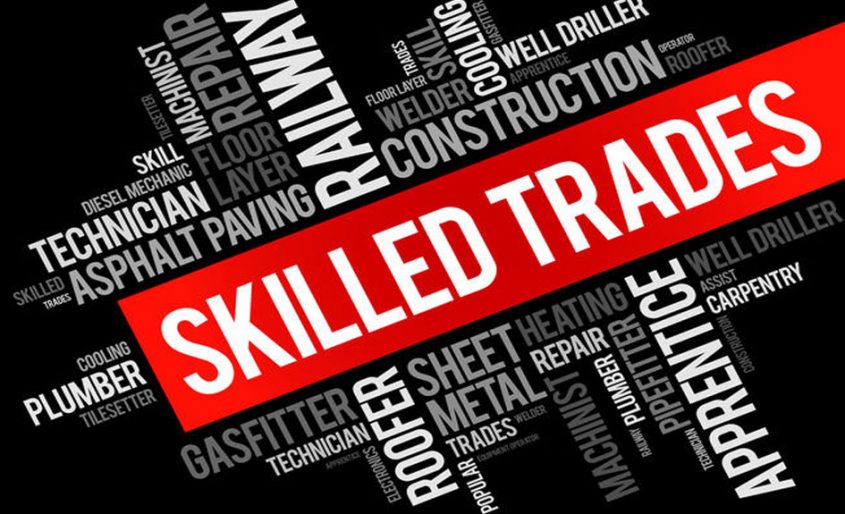B.C. is launching a new skilled trades certification system after more than a decade. In 2003, the B.C. government eliminated compulsory trades credentialing system. Every other province in Canada requires tradespeople to be certified.
The government said the new skilled trades certification system will help deliver steady employment for people and address the demand for skilled workers in B.C. It will also create more opportunities for women, Indigenous peoples and those just starting their careers.
“Skilled tradespeople are building B.C., especially with the largest infrastructure investment in our province’s history already underway,” said Premier John Horgan. “This is a made-in-B.C. solution to ensure confidence that a highly skilled workforce is behind our recovery while providing good, family-supporting jobs that tradespeople can count on. By working together, we’re ensuring B.C. comes out of the pandemic stronger, with a recovery that reaches people across the province.”
Based on recommendations from a 16-member stakeholder advisory working group representing industry associations, labour, post-secondary institutions, Indigenous skills trainers and the Industry Training Authority, the 10 initial trades designated for skilled trades certification are:
- mechanical: gasfitter Class A and B, steamfitter/pipefitter, refrigeration and air conditioning mechanic and sheet metal worker;
- electrical: powerline technician, industrial electrician and electrician (construction); and
- automotive: heavy-duty equipment technician, automotive service technician and autobody and collision technician.
“The implementation and enforcement of skilled trades certification affirms a long-standing principle held by the members of the BC Building Trades. Our construction projects require a highly skilled workforce – workers who have a skilled trade certification (Red Seal) or workers who are registered apprentices in a recognized apprenticeship program. Skilled trades certification and its enforcement will help build a skilled local workforce, ensuring economic prosperity for B.C,” said Al Phillips, president, BC Building Trades.
Skilled trades certification will be implemented in phases after the public engagement process is complete. Once a trade has been designated for certification, individuals will have at least one year to either register as apprentices or challenge an exam to certify as a journeyperson, allowing uncertified workers to continue working while accessing any additional supports they may need.
The public engagement process includes an online survey, roundtables, community dialogues and focused discussions with the Industry Training Authority, the parliamentary secretary for skills training and staff from the Ministry of Advanced Education and Skills Training.
“The Industry Training Authority welcomes the province’s announcement and looks forward to facilitating the implementation of skilled trades certification in B.C. We eagerly anticipate the coming engagements with apprentices, trades workers, small to large employers, unions, Indigenous partners and equity-seeking groups to ensure our programs are inclusive and supportive,” said Shelley Gray, ITA CEO.
The government is aiming to introduce legislation next spring to support the implementation of the new certification system, with the first changes expected in the electrical and mechanical trades by 2023 and in automotive by 2025.










